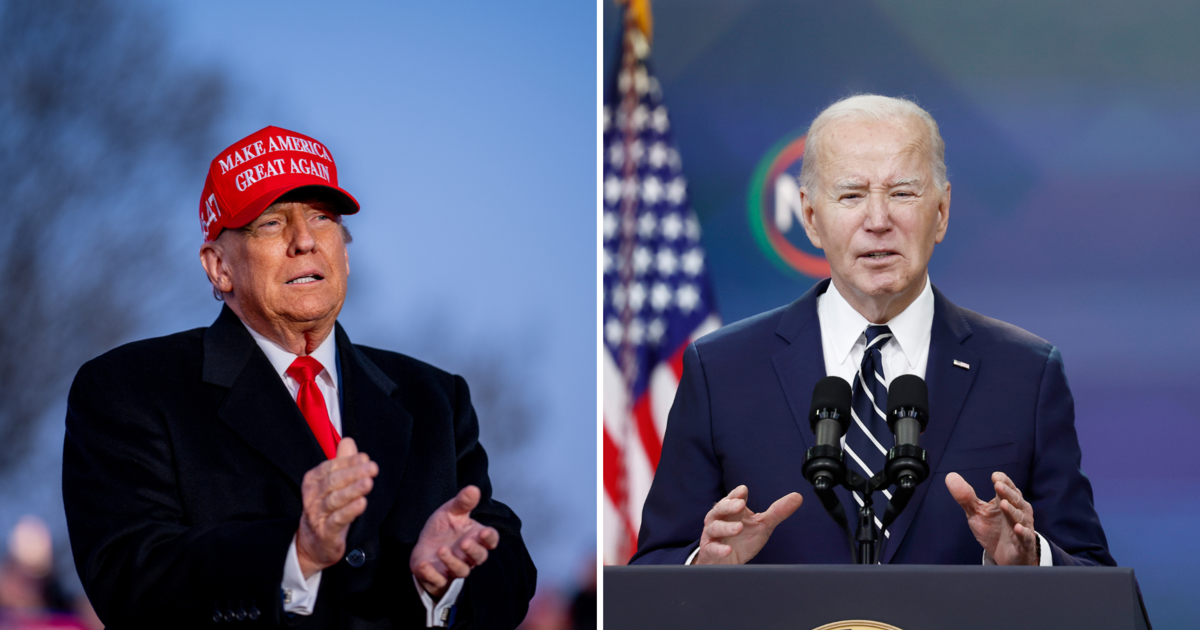A recent survey conducted by CBS News and YouGov revealed that a significant portion of the nation’s voters harbor doubts about the mental and cognitive health of both President Joe Biden and former President Donald Trump. The survey, which interviewed 2,063 U.S. adult residents between June 5-7, 2024, found that a quarter of voters believe neither Biden nor Trump has the cognitive ability to serve as president.
The perception of the candidates’ cognitive health is influenced by partisan lines, with Democrats expressing more skepticism about Biden’s cognitive abilities than Republicans do about Trump’s. Surprisingly, even those Democrats who doubt Biden’s capacity to serve are still choosing to vote for him over Trump. On the other hand, Republicans are even more doubtful about Biden, contributing to his lower overall numbers.
Interestingly, the survey revealed that while only about a third of voters believe Biden has the cognitive ability to serve, half of voters think Trump does. These views have remained relatively stable over recent months, indicating a persistent skepticism among voters regarding the cognitive health of both candidates.
In terms of independent voters, more view Trump as having the mental and cognitive health to serve as president compared to Biden. This aligns with their voting behavior, as most independents who doubt Biden’s cognitive health are backing Trump, while those who doubt Trump’s cognitive health are supporting Biden.
The survey also highlighted the fact that the views on the candidates’ cognitive health are closely tied to voter preferences. Despite doubts about their cognitive abilities, voters are still making their choices based on party affiliation and other factors. It appears that for many voters, the perceived cognitive health of the candidates is just one of many considerations in the decision-making process.
It is worth noting that the survey data was weighted by gender, age, race, education, and past vote to ensure a nationally representative sample. The margin of error for the survey is ±3.2 points among all adults and ±3.8 points among registered voters. The oversample in states like Arizona, Georgia, Michigan, Nevada, North Carolina, Pennsylvania, and Wisconsin aimed to capture a more accurate picture of voter sentiment in key battleground states.
Overall, the survey results shed light on the complex interplay between perceptions of cognitive health and voter behavior. Despite doubts about the cognitive abilities of both candidates, voters are making their choices based on a variety of factors, including party loyalty, policy positions, and other considerations. As the election season progresses, it will be interesting to see how these perceptions evolve and influence the outcome of the 2024 presidential race.









